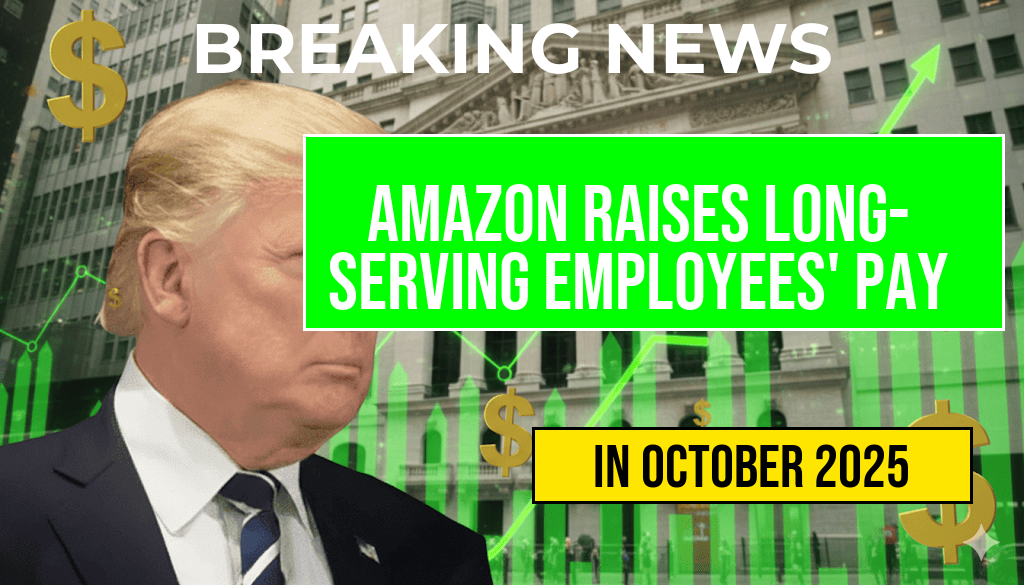Florida’s recent increase in the minimum wage to $14 an hour has significant implications for full-time workers across the state. Effective from September 2023, this adjustment elevates the base pay, promising an annual earnings boost of approximately $2,080 for employees working full-time hours. The move aligns Florida with a broader national trend toward higher minimum wages, reflecting economic growth and cost-of-living adjustments. For millions of workers earning near or at the minimum threshold, this change could translate into improved financial stability, increased consumer spending, and a shift in employment dynamics. As policymakers and business leaders evaluate the impacts, the wage hike underscores ongoing debates over wage policies and their influence on economic resilience in Florida and beyond.
Understanding the Wage Increase and Its Scope
The hike to $14 an hour marks a notable step in Florida’s efforts to boost worker earnings. The state’s previous minimum wage was $13.75, with scheduled incremental increases since 2021. This latest rise is part of the state’s scheduled adjustments under the Florida Minimum Wage Act, which aims to gradually align wages with inflation and economic needs. The increase applies broadly to most workers covered under state law, including those in retail, hospitality, healthcare, and other service sectors.
Economic Impact on Full-Time Workers
| Hourly Wage | Annual Earnings (Full-time, 40 hours/week) |
|---|---|
| $13.75 | $28,580 |
| $14.00 | $29,120 |
| Difference | $540 |
| Additional earnings over the year for full-time workers due to wage increase | |
Calculations based on a standard 40-hour workweek suggest that full-time employees will see an increase of approximately $540 annually per worker. When considering the broader context of annual earnings, this translates into a total boost of around $2,080 for workers earning the minimum wage, assuming consistent hours throughout the year. This increase is expected to improve household budgets, especially for those balancing multiple financial responsibilities.
Broader Socioeconomic Ramifications
Cost of Living and Consumer Spending
Florida’s rising minimum wage aims to address the rising costs of living in many urban and suburban areas. According to recent data, inflation has driven up expenses related to housing, transportation, and groceries. An increased wage floor can help mitigate some financial pressures, potentially leading to higher consumer spending, which is a key driver of Florida’s economy. Retailers and service providers might experience increased patronage as workers have more disposable income.
Employment and Business Considerations
While proponents argue higher wages can reduce turnover and improve productivity, some business groups express concerns about increased labor costs. Small businesses, in particular, face the challenge of balancing wage hikes with profit margins. Nevertheless, studies from other states suggest that moderate minimum wage increases do not significantly deter employment levels, especially when paired with economic growth and low unemployment rates.
State and Local Responses
Local officials and advocacy groups have largely welcomed the wage increase, framing it as a step toward economic fairness. Florida’s Department of Economic Opportunity highlights that higher wages can lead to better health outcomes, reduced reliance on public assistance, and improved quality of life for low-income workers. Conversely, some business associations are calling for measures to support small enterprises during this transition, emphasizing the importance of phased implementation and potential federal assistance programs.
Looking Ahead: Policy and Economic Trends
The wage adjustment in Florida reflects a broader national trend of states reevaluating minimum wage policies to promote economic equity. Several other states have enacted or proposed similar increases, with a focus on ensuring wages keep pace with inflation. Analysts expect ongoing debates over the balance between labor rights and economic sustainability, especially as automation and technological advancements reshape the workforce landscape.
Additional Resources
- Minimum wage in the United States – Wikipedia
- Forbes: Florida’s Minimum Wage Hike and Its Economic Impact
Frequently Asked Questions
What is the new minimum wage in Florida?
The minimum wage in Florida has increased to $14 an hour.
How does the new minimum wage affect full-time workers’ annual earnings?
Full-time workers will see an increase of approximately $2,080 in their annual earnings due to the wage boost.
When did Florida implement the new minimum wage?
The new minimum wage came into effect starting in 2024, as part of the state’s scheduled annual increases.
Who benefits the most from the minimum wage increase?
Full-time workers earning minimum wage benefit the most, as their monthly and annual earnings increase significantly.
Will the minimum wage continue to rise in Florida?
Yes, Florida has a plan for annual wage increases until reaching a specified target, continuing to benefit workers in the future.








